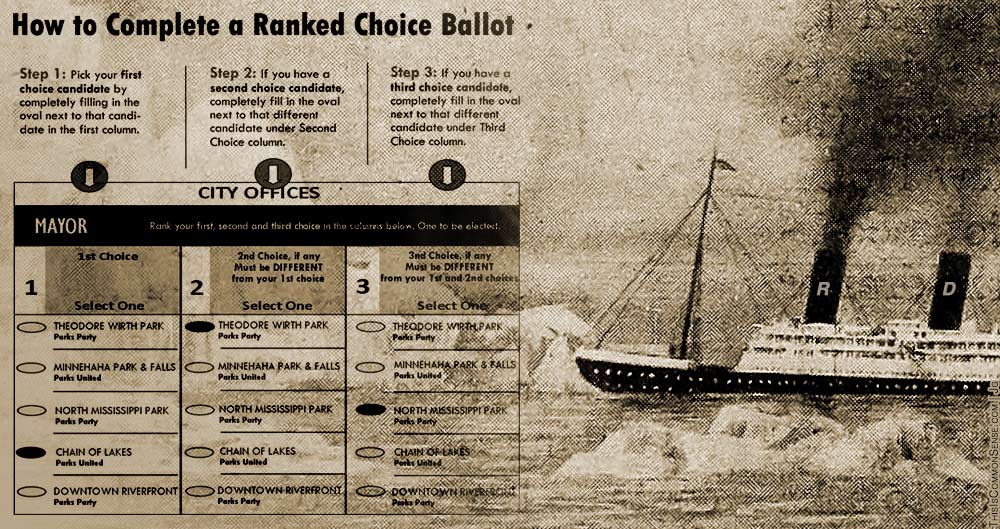Venezuelans are starving. The country’s children are malnourished and — if something is not done soon — “it will be very difficult for these children ever to get back onto their nutritional growth curve.”
That is the testimony of the director of Caritas Venezuela.
Clearly, “Bolivarian” socialism has failed.
And yet, dictator Nicolas Maduro blames American “sanctions” for “exacerbating” the situation.
And offers up a “Rabbit Plan” to feed the people.
Yes, Maduro has called upon his countrymen to raise rabbits . . . and eat them.
But the source of the dark comedy isn’t just a dictator waxing eloquent on bunnies. “There is a cultural problem because we have been taught that rabbits are cute pets,” said the agriculture czar . . . whose first name is “Freddy.”
Holding a televised press conference with Maduro himself, last week, he insisted that “a rabbit is not a pet; it’s two-and-a-half kilos of meat that is high in protein, with no cholesterol.”
The funny part — the gallows humor, here — is this is what the grand planning of socialism has come to: not mass collaboration and an extended division of labor, but the people feeding themselves on small plots of land.
The Inca had developed a more effective mode of socialism.*
Just as humiliating for Bolivarians must be the trade embargo charge. Socialism is all about how superior government control is to the “anarchy in production” of market life. To blame their problems even a little on a capitalist country >not trading with them doesn’t merely admit defeat, it evades the last shred of responsibility.
I have a better “Rabbit Plan”: the tyrants should hop on down the bunny trail . . . freeing Venezuelans to recover.
This is Common Sense. I’m Paul Jacob.
* It depended upon radical inegalitarianism, subordination, drudgery, servility, and lack of any meaningful freedom.











